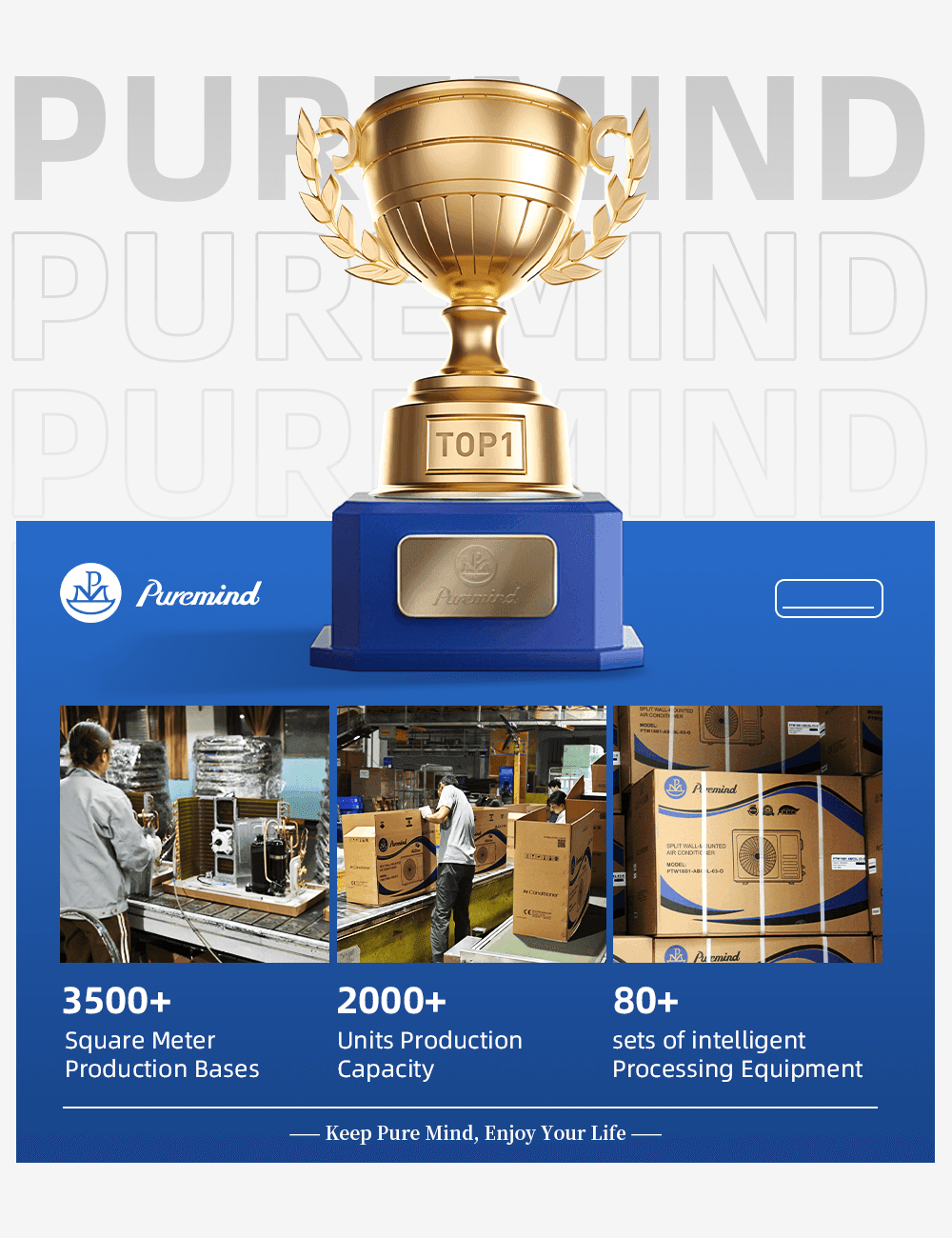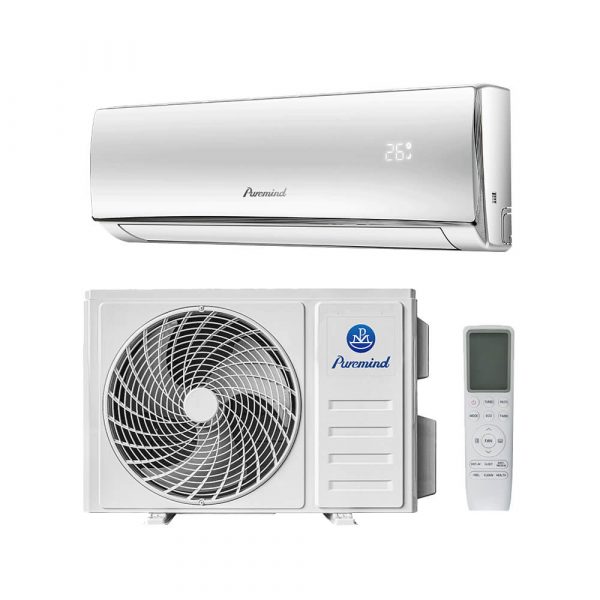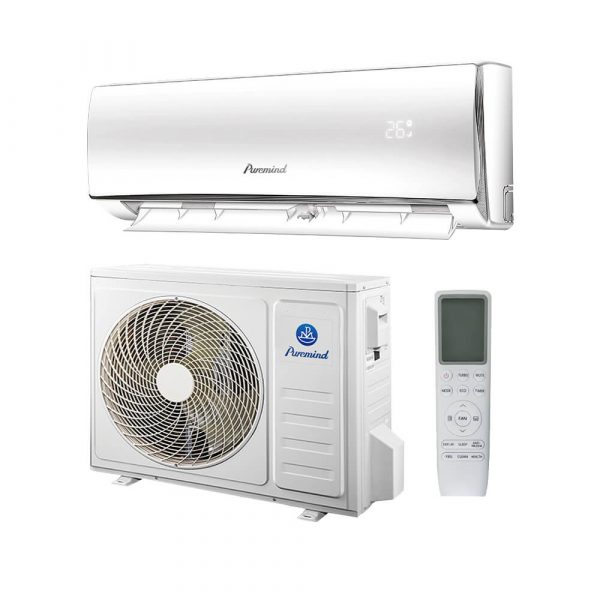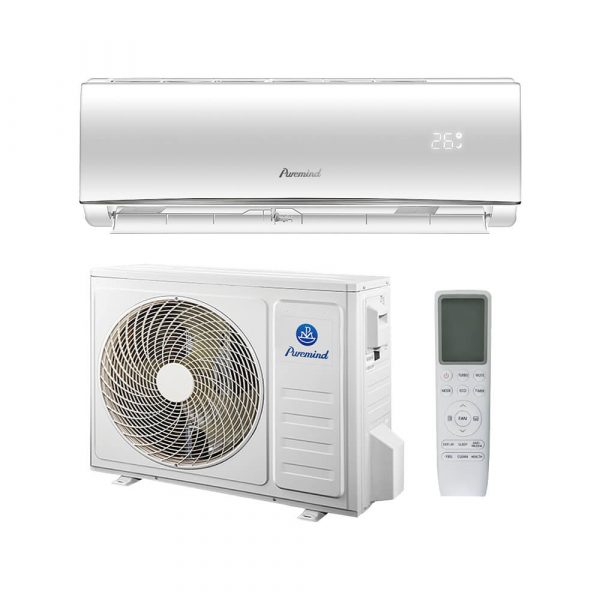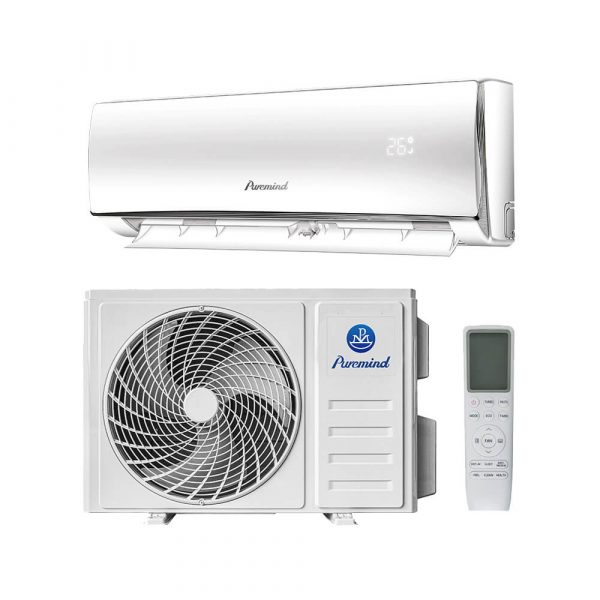Split Air Conditioner Compressor: The B2B Technical & Buying Guide
The split air conditioner compressor is the heart of every high-performing HVAC system. For B2B clients managing commercial properties, offices, retail environments, or industrial sites, understanding compressor technology is critical to ensuring reliable climate control, operational efficiency, and long-term investment value. This guide covers how compressors work, their types, B2B selection tips, and best practices for commercial maintenance.
What Is a Split Air Conditioner Compressor?
In a split air conditioning system, the compressor is housed in the outdoor unit and is responsible for circulating refrigerant between the indoor and outdoor coils. It compresses low-pressure refrigerant vapor into a high-pressure, high-temperature state, enabling effective heat exchange. The performance and efficiency of your entire AC system largely depend on the quality and type of compressor in use.
Types of Compressors Used in Split Air Conditioners
- Rotary Compressors: Widely used for their quiet operation and compact design, ideal for offices and light commercial applications.
- Scroll Compressors: Provide higher energy efficiency, smooth performance, and are commonly found in mid-to-large commercial split systems.
- Reciprocating Compressors: Durable and suited for environments with variable loads, though less efficient than rotary or scroll designs.
- Inverter Compressors: Adjust speed based on cooling demand, offering significant energy savings and precise temperature control, increasingly favored in modern B2B installations.
Key Features and Benefits for B2B Clients
- Energy Efficiency: Inverter and scroll compressors help lower utility costs, supporting sustainability initiatives and regulatory compliance.
- Reliability & Longevity: Advanced designs and materials ensure years of trouble-free operation, reducing downtime and maintenance costs.
- Quiet Operation: Minimizes disruption in workspaces, retail areas, and customer-facing environments.
- Consistent Performance: Stable cooling output maintains ideal temperatures in variable load and demanding commercial settings.
How to Choose the Right Split Air Conditioner Compressor for Your Business
- Assess Cooling Capacity Needs: Calculate total BTUs based on area size, occupancy, equipment, and heat load.
- Evaluate Efficiency Ratings: Prioritize high SEER/EER compressors for reduced operating costs.
- Consider Noise Levels: Essential for offices, hospitality, and education settings.
- Check Compatibility with Smart Controls: Support for centralized or app-based monitoring improves facility management efficiency.
- Ensure Warranty & Service Support: Select compressors backed by strong manufacturer warranties and local service networks.
B2B Application Scenarios for Split AC Compressors
- Commercial Office Buildings: Require quiet, efficient operation with easy zoning for different departments.
- Retail Stores & Shopping Centers: Consistent cooling under variable foot traffic and equipment heat loads.
- Warehouses & Manufacturing: Robust compressors withstand challenging environments and longer runtime demands.
- Hospitality & Healthcare: Emphasize low noise and reliability to enhance guest or patient comfort.
Installation and Maintenance Best Practices
Professional installation and regular maintenance are essential to maximizing compressor performance and longevity:
- Work with certified HVAC technicians for sizing, installation, and commissioning.
- Schedule routine inspections to check refrigerant levels, electrical connections, and compressor function.
- Monitor for unusual noises or vibration, addressing issues proactively to prevent costly failures.
- Leverage smart monitoring features for predictive maintenance and system optimization.
- Document all service and warranty records for streamlined support.
Why Source Compressors from Certified Suppliers?
To guarantee authenticity, warranty, and technical support, B2B clients should procure split air conditioner compressors from authorized distributors. For an extensive selection of commercial-grade split AC solutions and expert consultation, visit our split air conditioner solutions page.
Conclusion
The split air conditioner compressor is a pivotal component in commercial climate control. By selecting the right technology and maintaining it properly, businesses gain reliability, efficiency, and peace of mind. For guidance on choosing the ideal compressor or integrating it into your facility’s HVAC system, connect with our expert team today.
